
OR
SIDELINES
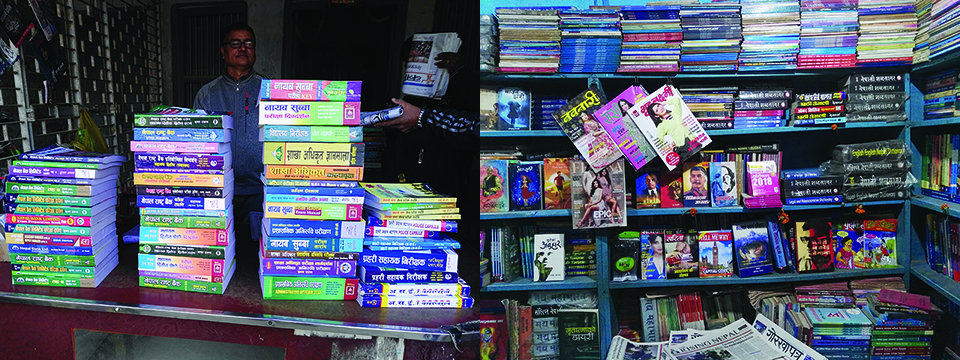
The illusion of being informed is so strong that even the educated have lost the ability to differentiate between misinformation, disinformation and ‘genuine’ fake news
Birgunj aspires to be a green city. Open space is at premium in the commercial capital of Nepal. So what does one do to make the city green? The answer is easy: Paint building fronts green and wrap lampposts with neon lights of the same color. Voila, here you have your dream city!
When it comes to overnight transformations, Birgunj knows how to create the effect without making too much effort. Prosperity comes on four wheels on weekends when boozers from across the Sirsiya River troop into town in their SUVs and stay sozzled for two days. Some of them even try their luck at local casinos. Entrepreneurs are erecting more hotels in the hope that prohibition in Bihar will stay forever.
Cross-border trade being the mainstay of local economy, every business person of note is somehow connected with what is euphemistically called ‘export-import’ operation. Prosperity comes to town in trucks and tankers through the customs where only goods that are thoroughly checked belong to cyclists.
The local politics is difficult to decipher. There is strong Hindutva lobby here that changes its party according to the season. The town beheaded the statue of Ganeshman Singh—perhaps the most diversity-friendly politico of his time—but washes the effigy of King Mahendra at Town Hall everyday with green lights and waterworks. All major political parties maintain their presence in trade unions as well as traders’ associations. The duality comes in handy during elections. Strong arms and warm handshake are equally important for raising funds.
During the heydays of Panchayat, sports used to be a big deal in the city. The municipality once aspired to build the best stadium outside of Kathmandu. It didn’t work out. Like most places in the country, it’s easier to raise money for erecting temples or hosting Mahayagyas than building public libraries, sports complexes and playgrounds. The citizenry of Birgunj is miffed that Janakpur wants to become sports capital as well with the plan of a brand new stadium in its vicinity.
In addition to numerous watering holes, there is an upscale cafe that serves fairly agreeable brew in an environment hospitable for reading a book during the afternoon. Sadly, there is no bookshop in town where one could pick up even periodicals or bestsellers. The barista gives the practical suggestion: You can always download one.
Perhaps it was the rent that pushed the magazine stall near Maisthan from the main road into an alley nearby. Regulars still frequent the place. But the nature of periodicals stocked at the stall has changed. There are no Hindi literary magazines to be found there anymore. English journals have disappeared from showcases. Pride of place in the shop belongs to dictionaries, ‘guess papers’ and guide books instead.
Birgunj once boasted of a flourishing intellectual culture that existed parallel to the nationalistic discourse of jingoistic conformism. That seems to be on decline. Teachers of the local college want to discuss opportunities not ideas. Everyone aspires to be someone and do something else. Who will even buy a book here, let alone actually read one? The local newspaper vender has a point.
Information overload
Eastwards from Birgunj in capital city of State Number Two—that’s such an appropriate name for the only province in the country that doesn’t have a Khas-Arya majority—the situation is no different. The famous Janak Pustak Bhandar has also been pushed into an alley. They no longer sell Maithili classics. The once-famous Majdoor Pustak Bhandar seems to have disappeared without a trace. The book stall at the railway station that used to get Maithili periodicals published even from Calcutta is no more.
Land prices near Shiv Chowk have become astronomically high and it’s unlikely that the once-famous newsstand will be able to afford rents when skyscrapers begin to displace existing two-storied shop fronts. Local newspapers, irrespective of their political inclination, don’t have large enough circulation to attract investment in news stall business. Books can’t hope to ride on the popularity of mobile repair shops and gutkha (chewable tobacco pouches) vendors.
The books that do sell in Janakpur, like in most urban centre of the country—you guessed it—are guess papers and guide books. Thanks to the symbolic quota in the recruitment of public services, preparatory guides have emerged as a genre that sells the most. Just as there are stores that stock only course books, shops dedicated to guide books have come up around the local campus.
In the so-called DIKUW (data, information, knowledge, understanding and wisdom) hierarchy of knowledge, it’s the first that the rot system of learning values most. Data also gets dated very fast, which means that the preparatory guides are consumable items. For investors, it makes sense to sell fast-moving intellectual consumer good. Radio, television and internet have saturated the information business.
There is more than a grain of truth in Noam Chomsky’s off-quoted statement: “The general population doesn’t know what’s happening, and it doesn’t even know that it doesn’t know.” The illusion of being informed is so strong that even the educated have lost the ability to differentiate between misinformation, disinformation and ‘genuine’ fake news. Very few seem to believe in the power of reading, which can help develop the ability of understanding what remains unsaid in the flow of non-stop data and information.
It is possible to argue that reading isn’t the only way to acquire knowledge. Most important innovations of human civilization—speech, fire and tools—evolved much before alphabets were discovered. What the ability to read, however, does is enhance the ability to think. In that sense of the term, reading is much more than merely the means to acquire information.
The marketplace loves consumers that are happy to be informed but have little patience to acquire understanding. To ‘know’, as philosophers down the ages have repeatedly argued, is to suffer and it’s human nature to keep trying to minimize pain and maximize pleasure. There is no iron-clad rule about human nature, but literature often bridges the gap between the risk of understanding and the ignominy of merely being informed. Perhaps that partly explains the enduring popularity of epics in every language.
Endurance exercise
The poor are also time poor—struggle for mere survival leaves little time for anything else. The rich are rich because they are fully occupied with becoming or remaining rich. It’s the middle class that traditionally engaged in literary pursuits. Middle class in the bourgeoisie sense of the term has completely lost its relevance. Almost all non-poor now belong to the aspiring class with neither the willingness nor the ability to engage in serious reading. A deep reader is increasingly becoming an endangered species.
Technological explosion means that almost nobody has the time for being bored long enough to read a book. Hand-held devices are great for storing hundreds of books and occasionally ‘finish’ reading some but not really appropriate for engaging with ideas, themes and plot of the work. Audio books hark back to the days or oral culture when the performer held the audience in raptures. Little wonder, the culture of reading has begun to get its own celebrations. Literary festivals are odes to an era when reading for reading alone was a noble activity and even leafing through a telephone directory in strange city used to be a rewarding experience.
Pokhara has made a name for itself as a city of the pioneering international literary festival. Sometime later, a Newa Literary Festival is to be held in Lalitpur. A Madhes Literary Festival at Janakpur is in the works. Such jamborees are becoming occasions for authors to connect with their admirers. Some readers also benefit from interplay of ideas. Perhaps the more the merrier holds good for festivities that venerate the world of the written word.
There isn’t much that can be done to foster the culture of reading. Building spacious libraries is perhaps one way to invite the literate population into temples of learning. It has been long said that the physical world needs more plumbers than philosophers and welders are more productive assets of society than writers. But better plumbers and more conscientious welders do need more poets than polemicists.
The boy in the Simra- Kathmandu flight has a book in the side pocket of his backpack. One hopes it’s not a guide book. Hope is what makes the world alive.
You May Like This
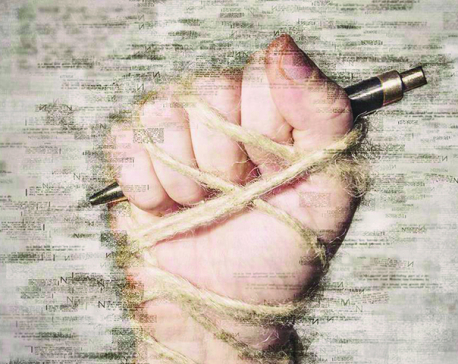
Value of fake news
Governments and civil societies need to be vigilant in supporting a free press ... Read More...
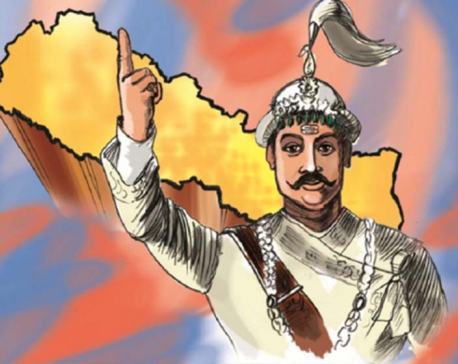
Prithvi Narayan Shah, an Astute Strategist
An insightful strategist knows how to juggle between ends, means, and ways. The outcome of Nepal's unification campaign demonstrates that... Read More...

Screening Guidelines for Common Diseases
Our ability to enjoy life and live well is based on our physical and mental health. As a result, scheduling... Read More...
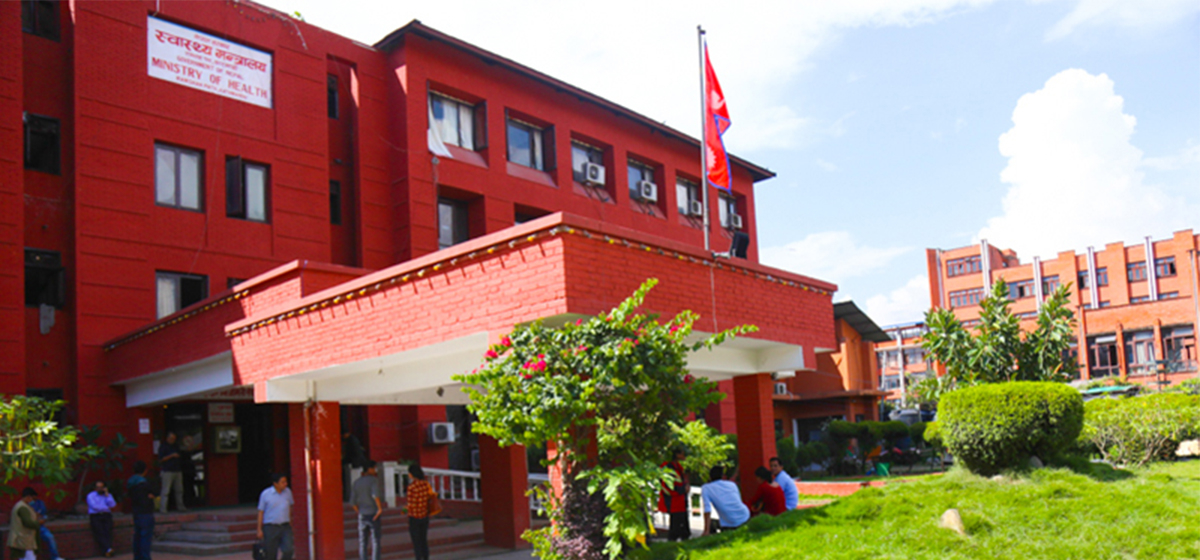
Just In
- Health ministry warns of taking action against individuals circulating misleading advertisements about health insurance
- UAE secures spot in ACC Premier Cup final, defeating Nepal by six wickets
- NC to boycott Gandaki Province Assembly, submits letter to Speaker
- 850 grams of gold seized from Indian national at TIA
- Rupandehi District Court orders to release Dipesh Pun on a bail of Rs 400,000
- Teachers’ union challenges Education Minister Shrestha's policy on political affiliation
- Nepal sets target of 120 runs for UAE in ACC Premier Cup
- Discussion on resolution proposed by CPN-UML and Maoist Center begins in Koshi Provincial Assembly












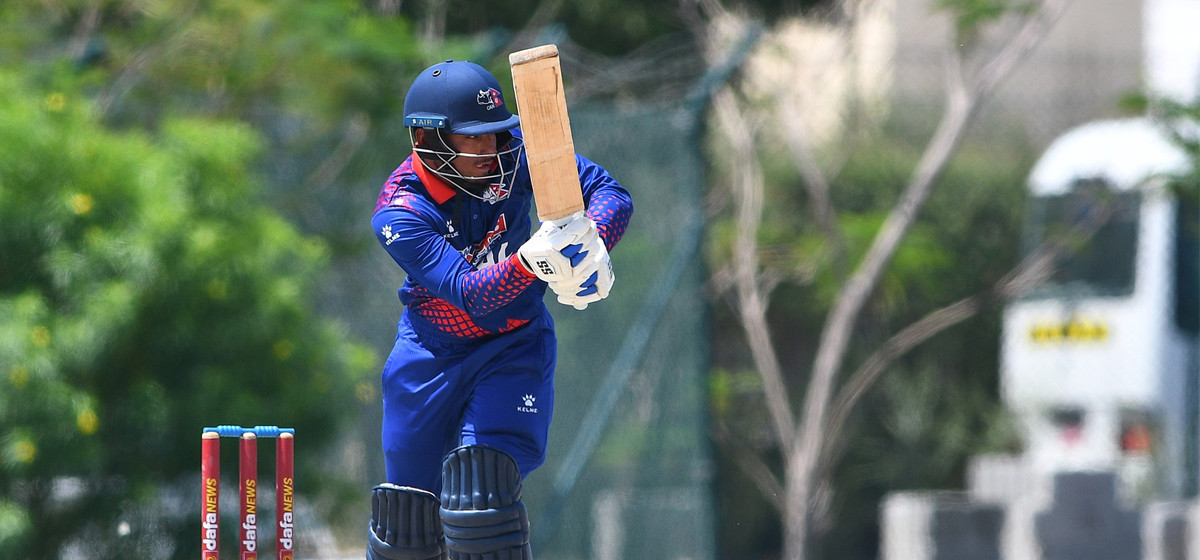
_20240311121839.jpg)


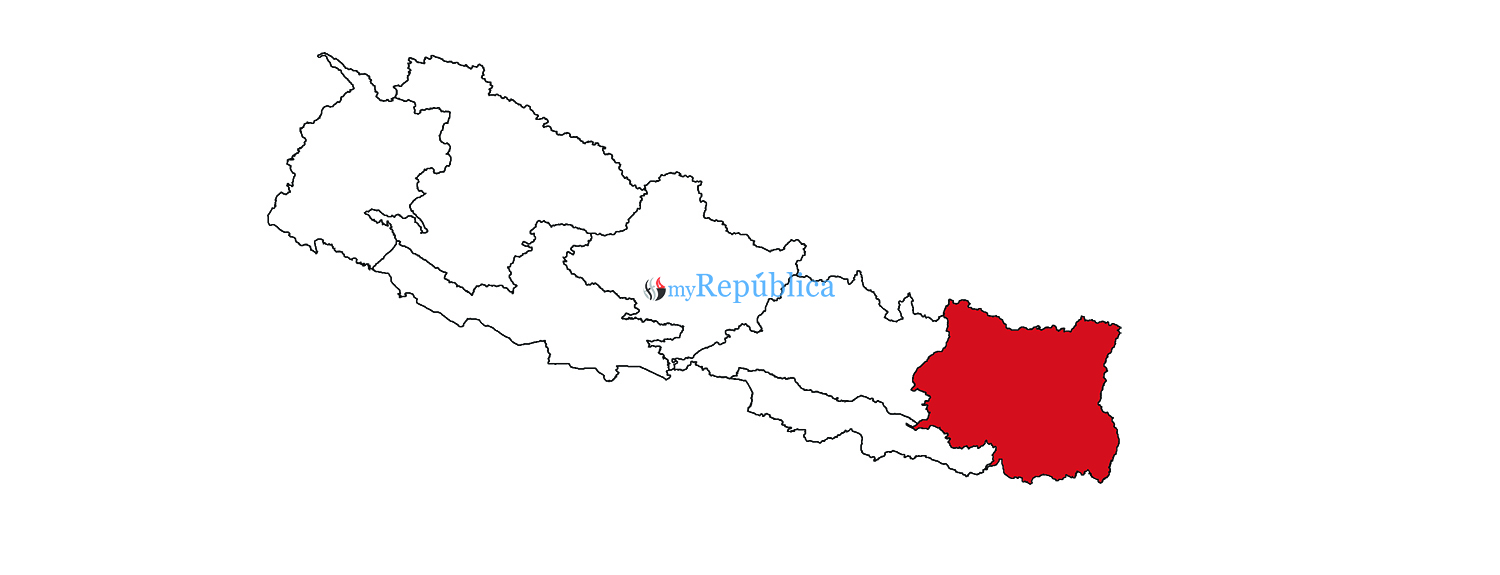
Leave A Comment